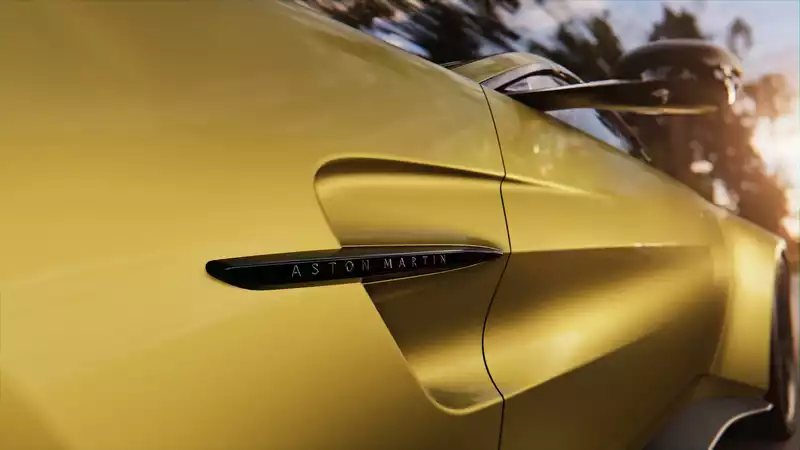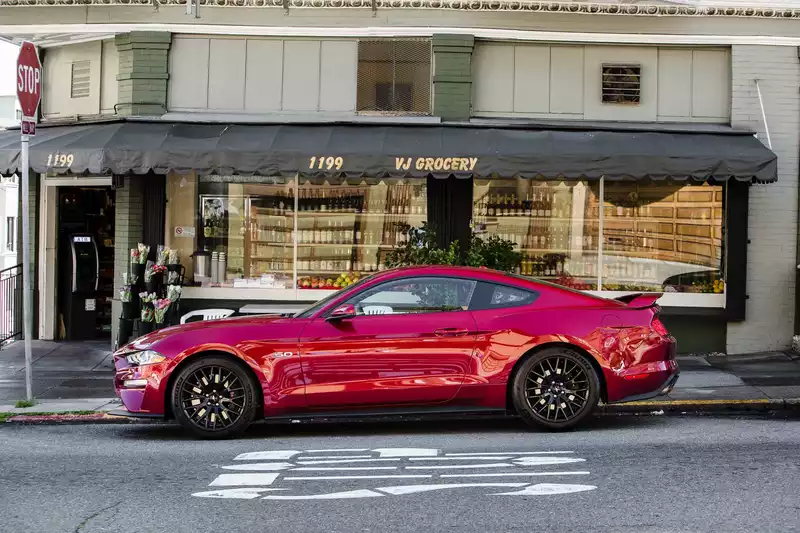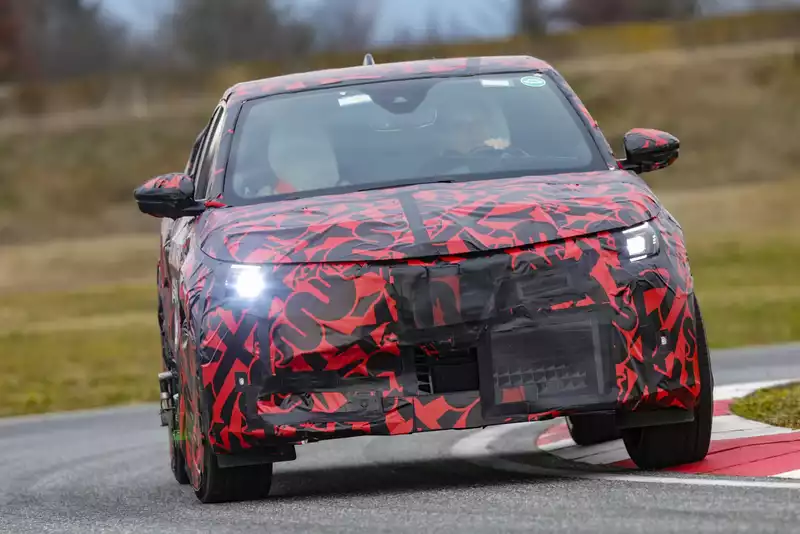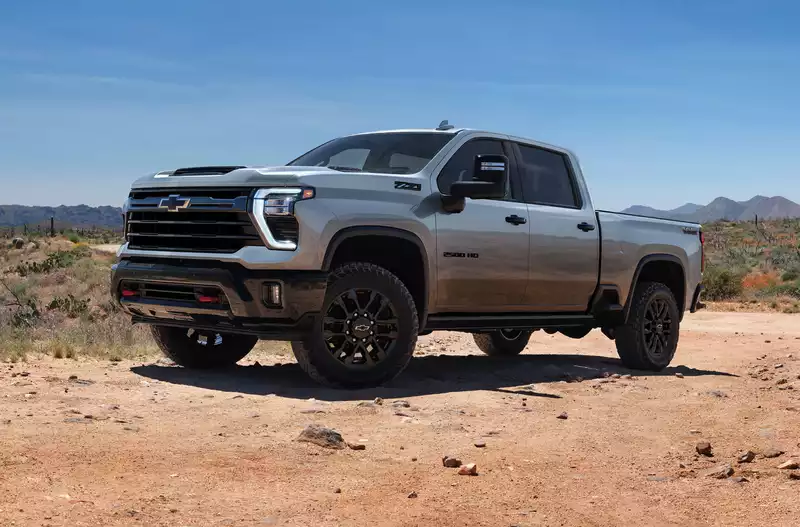Waymo's Robot Taxi Prepares to Expand Route to Highways
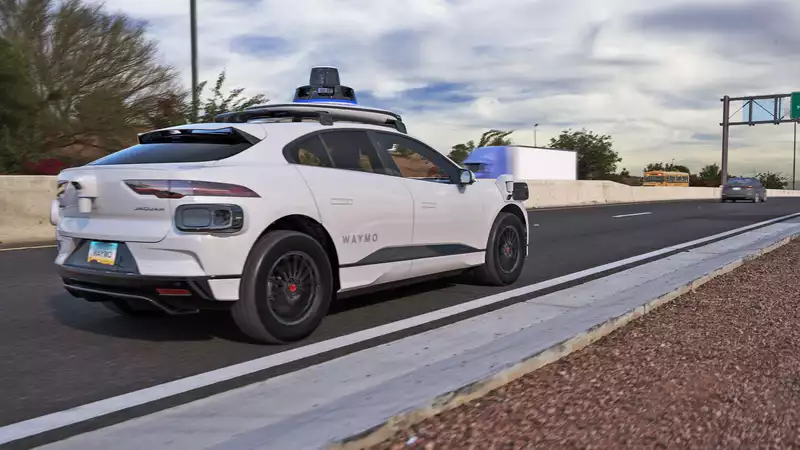
While Waymo's robo-taxi service has operated successfully in parts of Phoenix over the past few years and more recently in San Francisco, routes are still limited to public roads, making certain trips longer than necessary.
Waymo is attempting to solve this problem by integrating highway routes into its service. Waymo, an Alphabet Inc. company, announced this month that its robot cabs will soon begin testing on Phoenix freeways. During the testing phase, no safety drivers will be on board, and only Waymo employees will book rides.
Using the freeway could significantly reduce travel time. Waymo gave the example of a trip from Sky Harbor Airport in Phoenix to northern Scottsdale, which would take 25 minutes using the AZ-101 freeway, compared to 50 minutes using the open road.
Waymo already has years of experience navigating freeways, especially in Arizona and California. The company was developing a self-driving semitrailer to autonomously transport goods through a separate service known as Waymo Via, but abandoned that plan last summer to focus on a robotic cab service known as Waymo One.
Waymo began testing its robot cabs on highways last year.
Waymo is also testing robot cabs in Los Angeles and Austin and is preparing to roll out One service in those cities. The company is close to launching public service in Los Angeles. The company announced last week that it has applied to the California Public Utilities Commission for a permit to operate a robot cab service in Los Angeles.
Developing a safe and reliable robot cab service has proven to be a major challenge. Many promising companies in this field, such as Argo AI and Uber, have pulled out. Cruise, backed by General Motors, also operated a service in San Francisco until late last year, when it was forced to shut down after the California DMV determined that its robot cabs were not safe for operation in public places. Cruise has not indicated when it will resume service.

